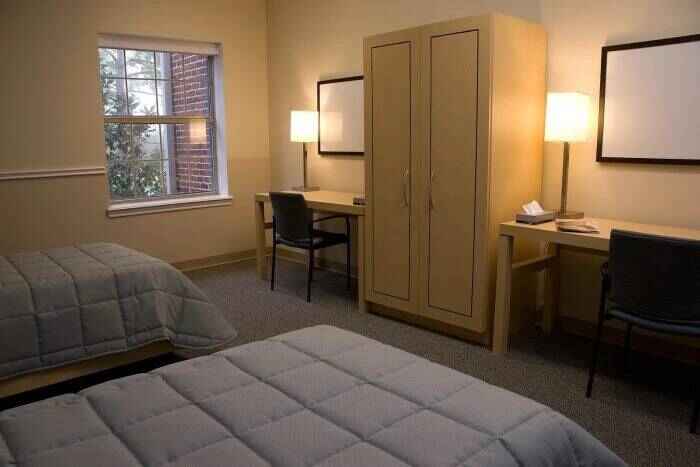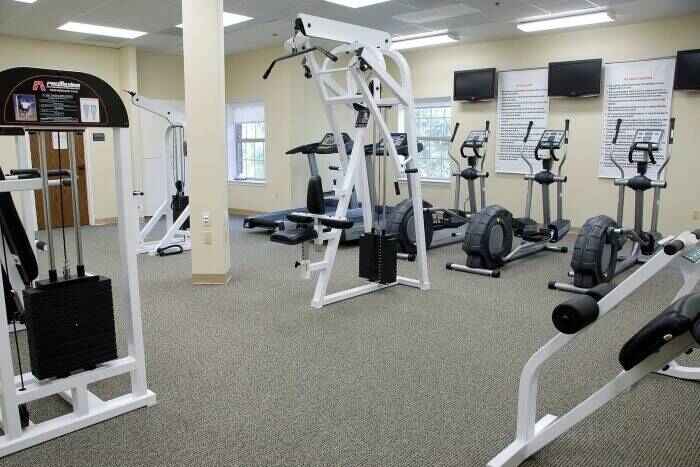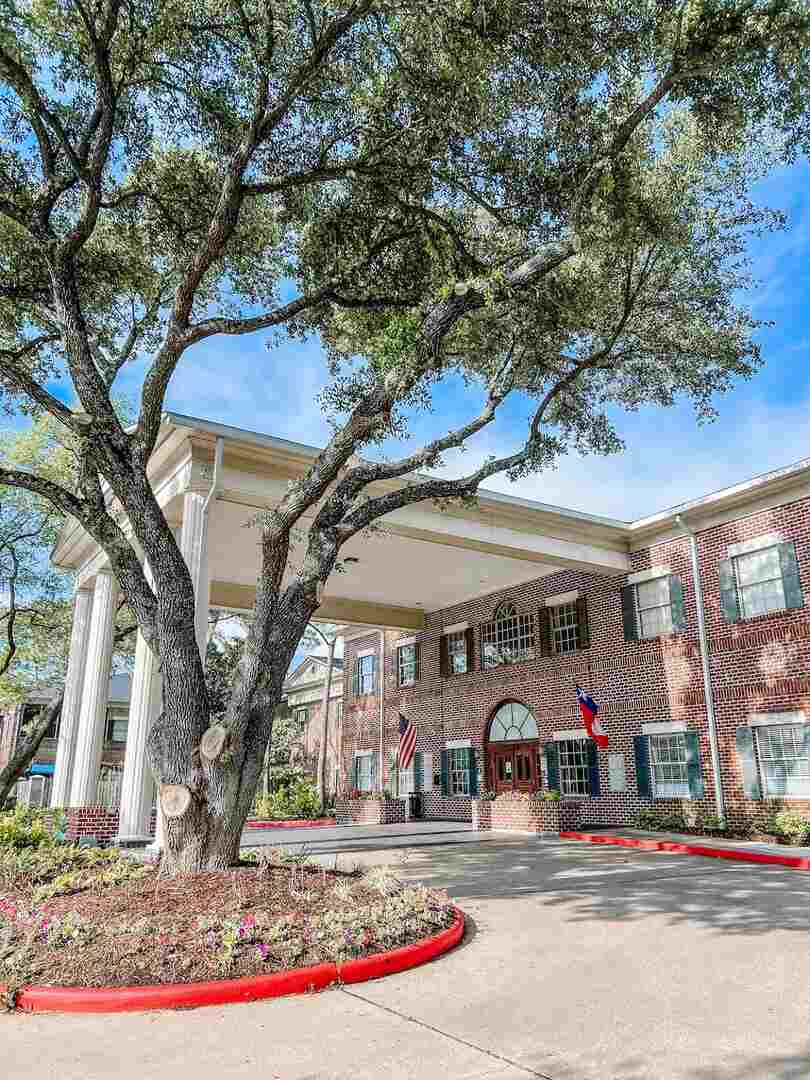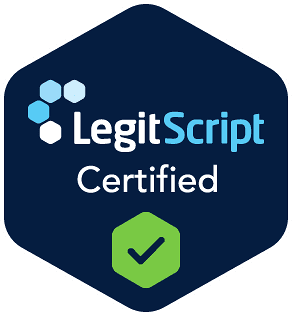About Prevention and Recovery Center – PaRC – Houston
Prevention and Recovery Center (PaRC) is a substance abuse treatment facility in Houston, Texas. They offer outpatient programming, which provides flexibility for those wanting to continue working or attending school while getting care. The location is convenient, near the George Bush and William P. Hobby airports and the University of Houston for those traveling to treatment.
Your recovery starts with an Admissions Counselor who will evaluate you to help determine whether you need detox or other services and that outpatient treatment will meet your unique needs. They have day and evening options to fit your schedule.
Along with traditional treatment methods, they provide chemical dependency education to help you understand how addiction affects thinking patterns and relationships. The 12 Step principles will help you accept accountability for past actions and future sobriety.
Before you leave their care, the staff will design a comprehensive discharge plan that aligns with your long term recovery goals and needs. You’ll work on relapse prevention techniques that help you avoid some of the pitfalls that often affect clients in early recovery.
Guests have one year of aftercare services included in the program. This area helps you successfully remain sober with continued support after you complete rehab. You’ll develop the skills you learned in treatment to build on your recovery foundation in a small, intimate group where you can openly share with peers.
They have an Alumni Association that provides ongoing connection and fellowship with others from the program who are pursuing long term sobriety. They include activities and events that keep you engaged in a sober lifestyle and experiencing fun without drugs or alcohol.












